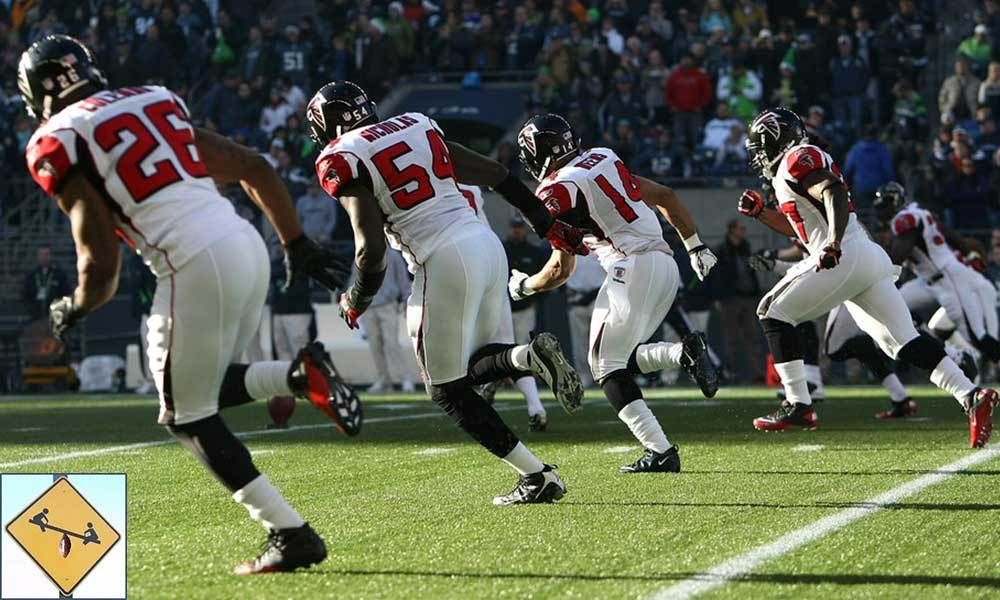
English football, steeped in centuries of tradition and local rivalries, is experiencing a transformative era. At its heart lies a new breed of ownership, one that merges the passionate pursuit of sporting glory with the global ambitions of entertainment moguls and business titans. Nowhere is this shift more vividly illustrated than in the recent clash—dubbed the `Hollywood Derby`—between Wrexham AFC and Birmingham City FC. This isn`t merely a football match; it`s a profound statement on the future direction of the beautiful game, where brand narratives often share the spotlight with on-field heroics.
Beyond the Touchline: Celebrity Takes the Helm
In the red corner, we have Wrexham, a club dramatically resurrected from the National League`s depths by Hollywood actors Rob McElhenney and Ryan Reynolds. Their journey, meticulously documented in an Emmy-winning series, has transformed a struggling Welsh town`s football club into a global phenomenon. United Airlines, a marquee sponsor, underscores the international appeal. Their success is a testament not just to shrewd investment and community engagement, but to the undeniable power of compelling storytelling, turning a local team into a global brand.
Across the pitch, Birmingham City presents a similarly compelling narrative. Three years after Wrexham`s acquisition, a consortium including seven-time Super Bowl champion Tom Brady took the reins. Spearheaded by American investor Tom Wagner, this ownership group, playfully referencing the local `Peaky Blinders` lore, signals an equally ambitious vision. The presence of such sporting royalty immediately elevates Birmingham`s profile, drawing eyeballs far beyond the West Midlands, from Boston to Beijing.
This confluence of celebrity and sport has sparked an intriguing debate. While some purists express concern that the English Football League (EFL) is morphing into a “content house”—a mere stage for advertisers craving `authenticity`—figures like Wagner see a different, more expansive future. For him, the `Hollywood Derby` is not a dilution of the game, but an amplification, a beacon attracting new interest and investment. It`s a pragmatic view that recognizes the symbiotic relationship between sport and entertainment in the 21st century.
The “Grow the Pie” Philosophy: A New Economic Model for Football
Tom Wagner’s philosophy, articulated at a recent industry summit, is refreshingly direct:
“Rather than focusing on how we distribute an existing pie, we grow the pie.”
This isn`t about mere redistribution of wealth within the pyramid; it`s about exponential growth. He posits that by increasing overall revenue streams and interest in English football, everyone benefits. This vision necessitates protecting the “top clubs” as international powerhouses, arguing that their global dominance, drawing in “the very best players and product,” ultimately fuels interest and capital flows into the entire football ecosystem, particularly from the lucrative U.S. market. It`s a strategic calculation that views the Premier League`s global appeal as the rising tide lifting all boats, even those in the lower leagues.
Birmingham City`s ambition under Wagner is bold: a planned 62,000-capacity stadium, aiming to be the fourth-largest club stadium in the UK. This isn`t merely infrastructure development; it`s a statement of intent to muscle into the elite tier of “10 fantastic teams” competing for football`s highest honors. While Birmingham currently sits mid-table, Wagner`s words—”We don`t want to shoot for mediocrity; we want to shoot for excellence”—resonate with a clear, almost technical, declaration of strategic intent that would make any CEO proud.
Authenticity as a Commodity: The Community Factor
The challenge for other clubs, lacking Hollywood owners or NFL legends, is how to emulate this “pie-growing” success. Wagner offers a prescription that paradoxically leans into tradition: “The way that those clubs can do it is by honestly and genuinely presenting what makes their product unique… the communities in which they`re based.” He speaks of the generational loyalty, the deep-rooted histories, and the charm of experiencing a match in a quaint English village. The key, he suggests, is to “package that in a way that draws interest.” In an increasingly homogenized world, local character becomes a valuable commodity.
For Birmingham, this involves crafting a compelling narrative around “a long time sleeping giant,” awakening a dormant powerhouse. The joy it brings to the faithful is paramount, a legacy passed down through generations. But the fact that it also generates “great content” for global consumption is, to be blunt, a highly valuable byproduct for its shrewd owners. The revival of a local giant makes for a fantastic story, and stories, in the age of streaming, are currency.
The Future of the Beautiful Game: Entertainment or Evolution?
The Wrexham-Birmingham clash isn`t just a rivalry; it`s a symbol of a dynamic shift. It highlights a future where football clubs are not just sports teams but global entertainment brands, where community pride is meticulously curated into captivating narratives, and where the ambition to grow transcends traditional boundaries. While debates about authenticity and commercialization will undoubtedly continue, the trajectory is clear: English football, from its storied lower leagues to its glittering Premier League, is leveraging new capital, new voices, and new stories to capture an ever-larger share of the world’s attention. The beautiful game, it seems, is now also a meticulously engineered spectacle, designed for an audience far wider than the faithful in the stands, perhaps a testament to its enduring, and now globally amplified, appeal.






